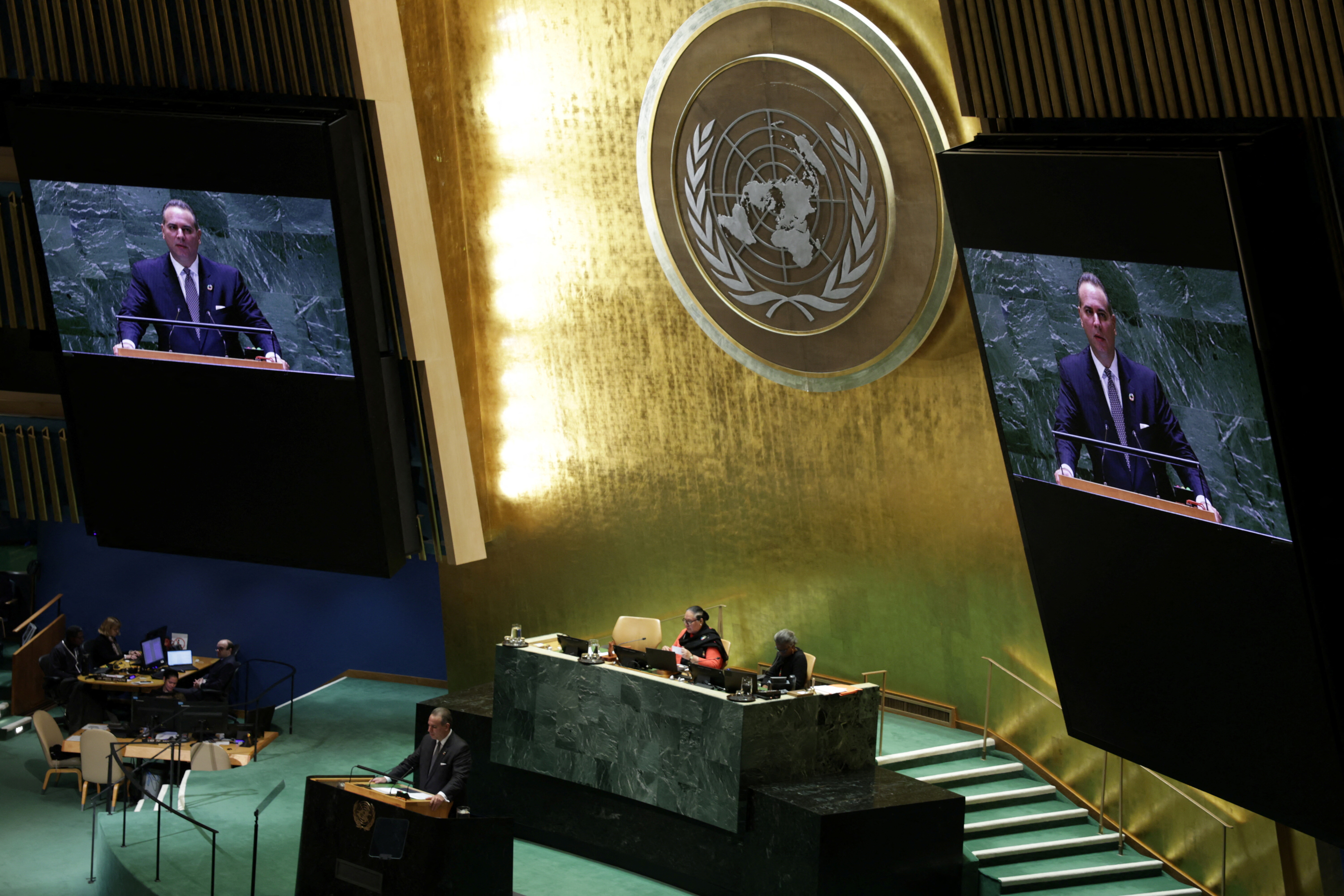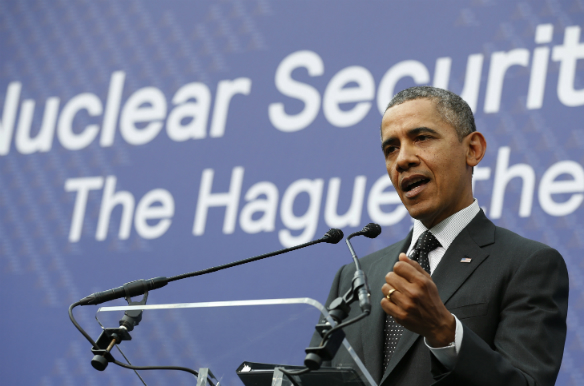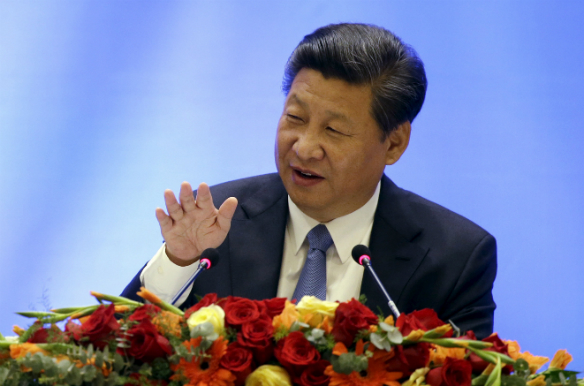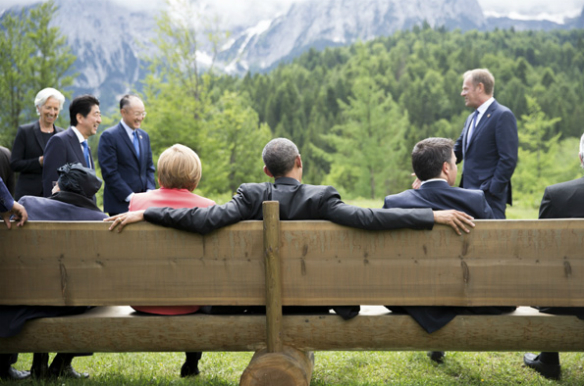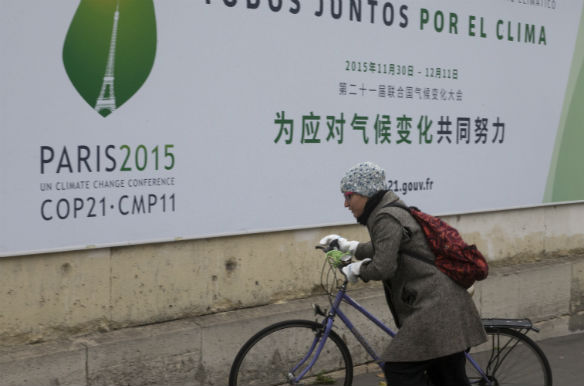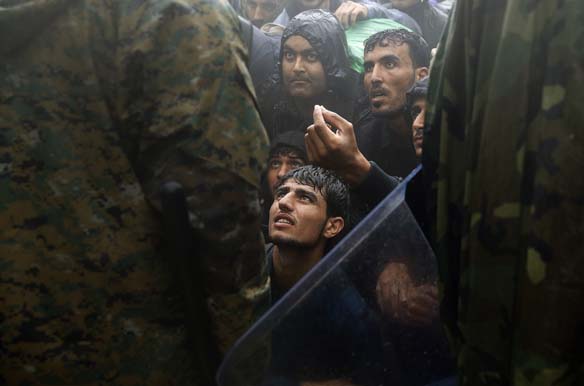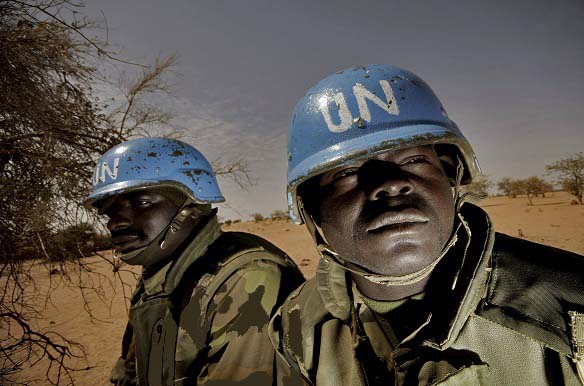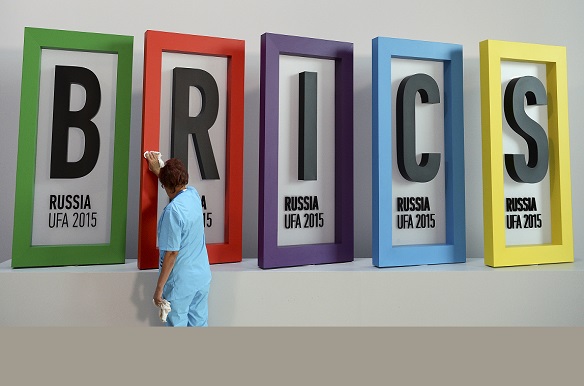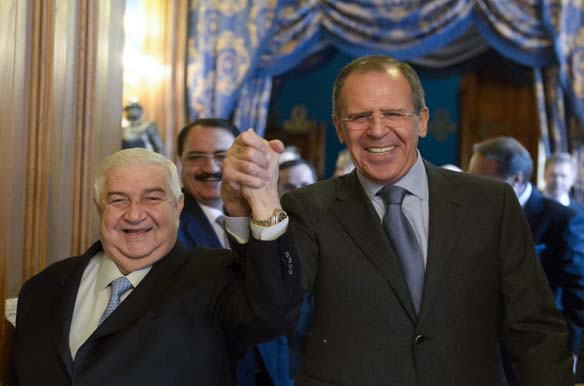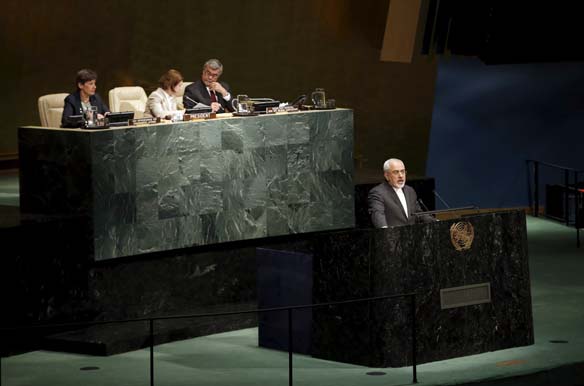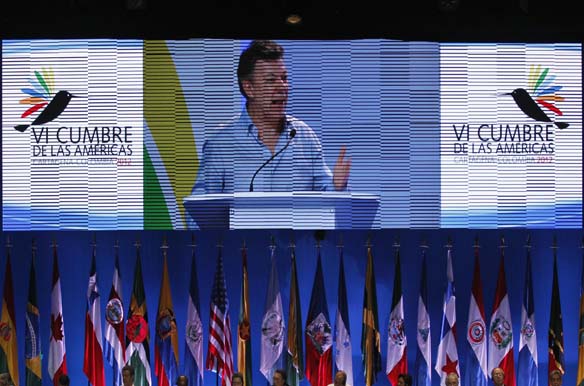In September, the United Nations will convene its eightieth General Assembly in New York. While hot topics such as artificial intelligence and the conflicts in Ukraine and the Gaza Strip are sure to dominate the conversation, the upcoming selection of a new UN secretary-general will also be top of mind. The organization celebrates its eightieth year as the world enters a new era of great power competition and increasing conflict. It is worth asking if the United Nations, in its current form, is up to the challenge.
AN INITIATIVE OF THE COUNCIL ON FOREIGN RELATIONS connecting leading global foreign policy institutes

